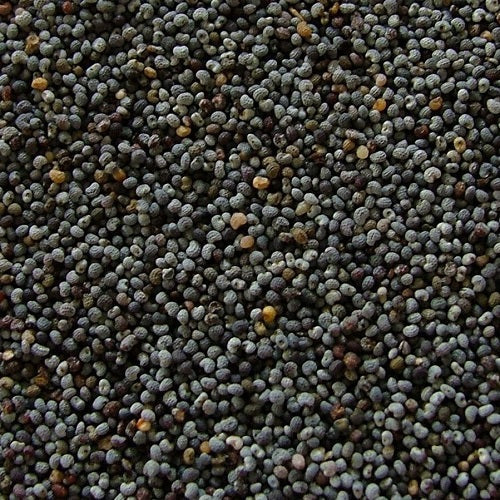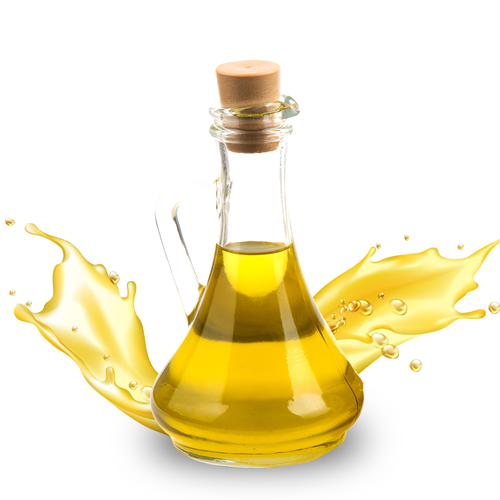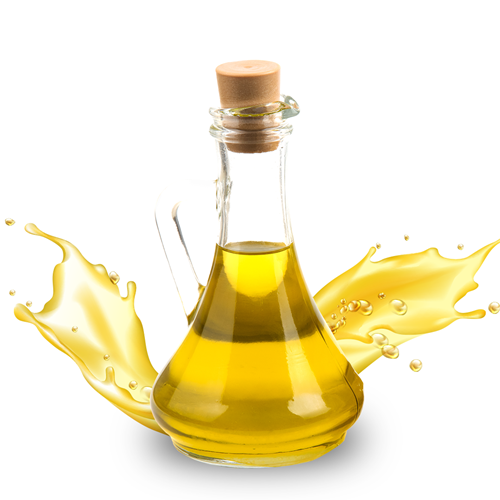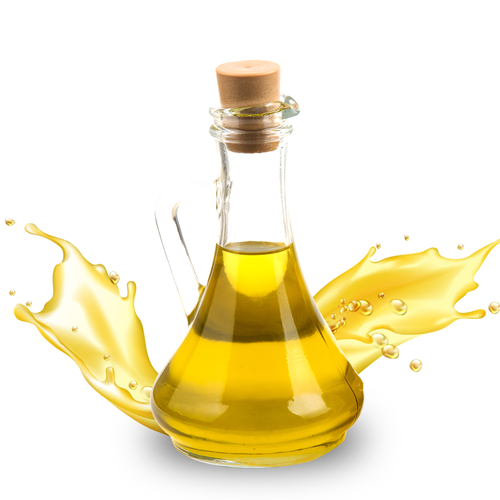Menu
Add description, images, menus and links to your mega menu
A column with no settings can be used as a spacer
Link to your collections, sales and even external links
Add up to five columns
Add description, images, menus and links to your mega menu
A column with no settings can be used as a spacer
Link to your collections, sales and even external links
Add up to five columns
LOOKING FOR BULK INGREDIENTS PRICING?

Benefits of Blue Poppy Seeds - Wholesale B2B Bulk Suppliers in USA
Blue Poppy Seeds: A Flavorful Superseed for Culinary & Nutritional Benefits
Blue Poppy Seeds, derived from the dried seeds of the opium poppy (Papaver somniferum), are small, kidney-shaped seeds known for their striking blue-grey color, nutty taste, and crunchy texture. Popular in European and Asian cuisines, they are often used in baked goods, curries, and dressings. While they do not contain narcotic properties like the latex from the poppy pod, blue poppy seeds are packed with nutrients, healthy fats, and plant-based compounds that support overall well-being.
Botanical Profile
-
Botanical Name: Papaver somniferum
-
Family: Papaveraceae
-
Plant Part Used: Seeds
-
Color: Slate blue to blue-grey
-
Taste: Nutty and slightly sweet
-
Common Names: Blue Poppy, Maw Seeds, Khuskhush
Key Nutritional Components
Blue poppy seeds are rich in dietary fiber, omega-3 and omega-6 fatty acids, plant-based protein, B vitamins (especially thiamin and folate), calcium, magnesium, iron, zinc, and antioxidants like lignans and polyphenols.
Health Benefits of Blue Poppy Seeds
-
Promotes Digestive Health
The high fiber content in poppy seeds aids digestion, supports healthy gut function, and helps prevent constipation by adding bulk to stool. -
Supports Bone Strength
Blue poppy seeds are a good source of calcium, magnesium, and phosphorus—all vital minerals for maintaining strong bones and preventing bone-related disorders like osteoporosis. -
Aids in Heart Health
The presence of healthy unsaturated fats, especially linoleic acid, helps reduce LDL cholesterol levels and supports healthy blood pressure, contributing to overall cardiovascular health. -
Improves Skin and Hair Health
The antioxidants and essential fatty acids found in blue poppy seeds can nourish the skin, promote hydration, and support healthy, lustrous hair growth. -
Boosts Cognitive Function
Nutrients such as iron, zinc, and B-complex vitamins in poppy seeds support brain health, enhance memory, and help in oxygenating brain tissues. -
Supports Immune System
The zinc and antioxidants in blue poppy seeds help boost immune response and protect against free radical damage.
Common Uses and Applications
-
Used in baking: breads, muffins, cakes, bagels, and pastries
-
Added to spice blends, gravies, and vegetable dishes in Indian cuisine
-
Sprinkled over salads, yogurt, or smoothie bowls for crunch and nutrition
-
Ground into a paste for traditional curries and chutneys
-
Infused into oils or used in herbal remedies
Recommended Dosage
Blue poppy seeds can be consumed in small daily servings—typically 1 to 2 teaspoons per day—sprinkled into meals or used in cooking. When ground into a paste or used medicinally, moderation is advised due to their dense nutritional profile.
Precautions
While blue poppy seeds are safe for culinary use, excessive consumption may lead to trace opiate detection in drug screenings. Always source seeds from reputable suppliers to ensure they are free from contamination. Avoid use in infants and during pregnancy or breastfeeding without medical guidance.
Final Thoughts
Blue Poppy Seeds are more than just a decorative topping—they are a nutrient-dense superseed with impressive health benefits. From improving digestion and heart health to supporting bones and enhancing skin, these tiny seeds pack a powerful punch. With their unique flavor and texture, blue poppy seeds are a versatile addition to both sweet and savory dishes, making them a staple in both traditional and modern kitchens.
For bulk orders and inquiries, visit Reveda - Blue Poppy Seeds
BUY ONLINE IN USA FROM REVEDA - The leading manufacturer B2B Bulk Wholesale Supplier of Blue Poppy Seeds in USA.
Also in Reveda: Health & Wellness

Benifits Of Omega-3 Fish Oil EE - 460 MG/G EPA & 180 MG/G DHA - Wholesale B2B Bulk Suppliers in USA
Read More
SUBSCRIBE NOW ...
Don't miss to get latest updates on sales, new releases and promotions

